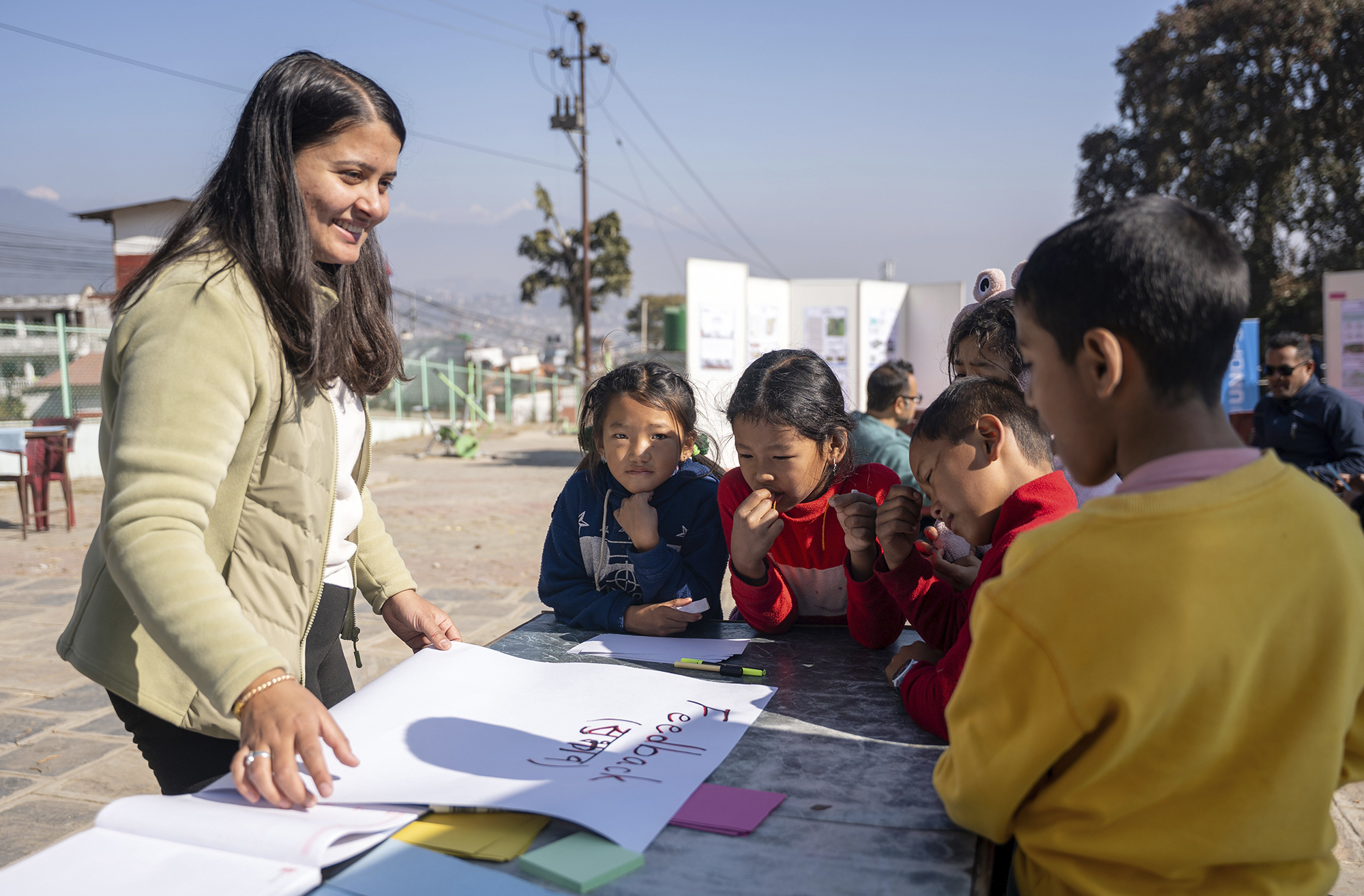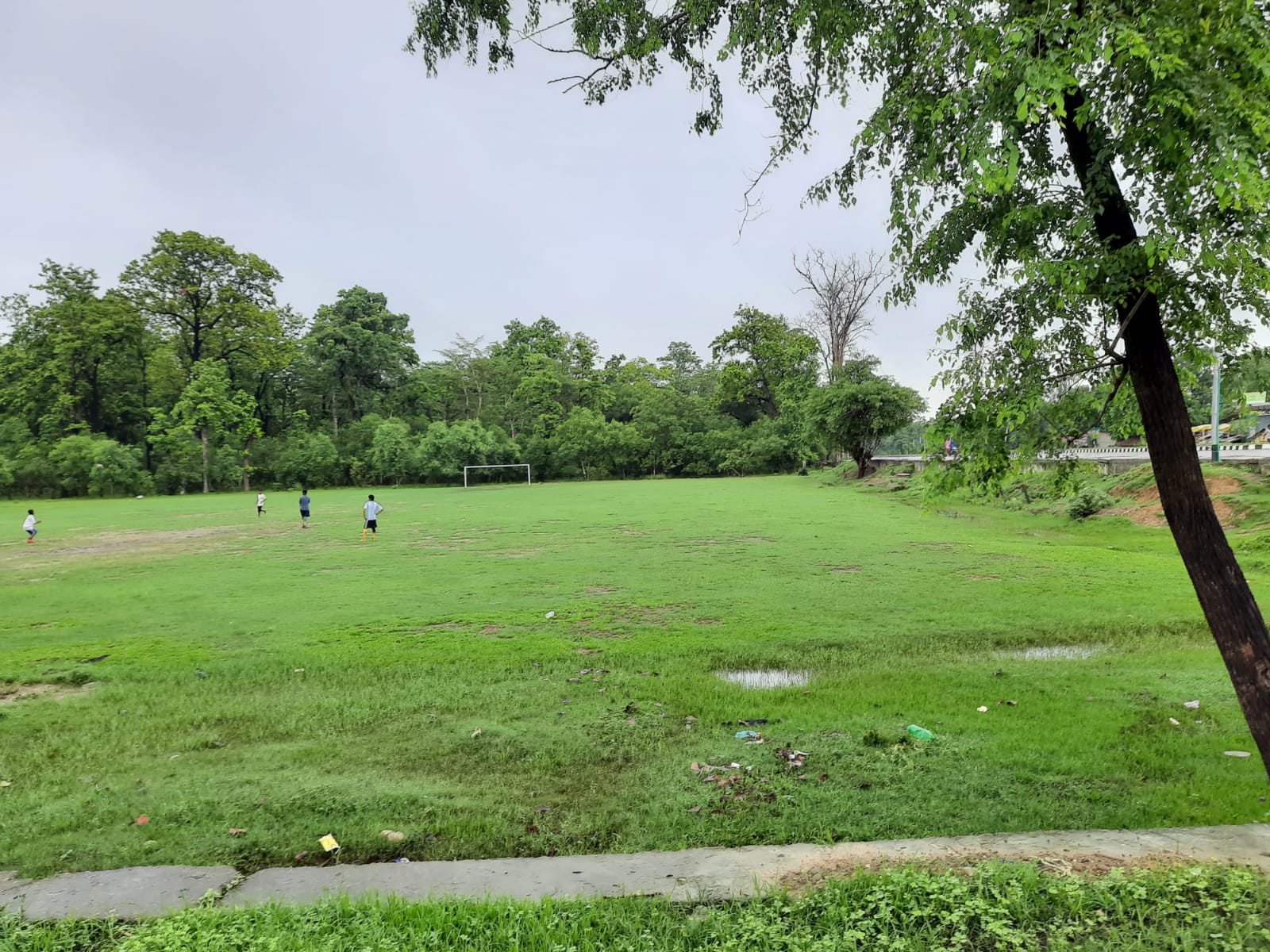In a sprawling city like Accra, providing water and sanitation to residents is at best a daunting proposition. Only 10 per cent of people living in the Greater Accra Metropolitan Area (GAMA) have sewerage, but it is often clogged and there is no treatment of wastewater, which is generally discharged into the sea. Water services are provided intermittently if at all, and equipment is in dire need of upgrading.
The situation is especially bad in GAMA’s low-income neighbourhoods, which house some 63 per cent of the city’s residents. Most of them rely on public toilets at the steep fee of US$0.25 per use, or simply defecate out in the open. Water is also prohibitively expensive; slum dwellers in Accra pay as much as 10 times more for water than residents who obtain water directly from the city utility.
And because these neighbourhoods are already established, it is both costly and difficult for local authorities to step in and simply build sewerage lines, even if they had the money and the capacity to do so.
Further complicating the situation is the fact that Greater Accra is a huge agglomeration with 11 different agencies, each with mandates for sanitation. These Ministries, Departments, Agencies, and Municipal District Assemblies (MDAs) have limited capacity, and there is a lack of institutional coherence.
The situation is changing rapidly, because the Government of Ghana is committed to improving the delivery of water and sanitation in urban areas. Recently a $150 million International Development Association (IDA) grant to expand water and sanitation in GAMA was launched, particularly focused on providing service to low-income urban neighbourhoods.
The project also involves building institutional capacity of related authorities and strengthening the management of environmental sanitation.
The Government of Ghana is implementing the project together with development partners, who have formed a working group on water and sanitation. These partners include the World Bank, the International Finance Corporation (IFC), the Water and Sanitation Program (WSP), the Global Program for Output-based Aid (GPOBA), and the Cities Alliance.
Generating a sense of Greater Accra as a city
Through its Country Programme framework, the Cities Alliance has provided nearly $500,000 in funding to develop a strategy for facilitating the World Bank project. The participatory planning process that is the hallmark of the Country Programme is already starting to bring the various stakeholders together, helping them view the city’s sanitation problems as a cross-boundary issue rather than a matter of servicing individual districts.
Cities Alliance funding is helping to build capacity among the various MDAs through its national partner, the Ghana Institute of Local Government Studies (ILGS). The support focuses on strengthening their ability to undertake integrated planning, procurement, project management, regulation enforcement and oversight of service provision.
|
“There are clear signs that all 11 MDAs are coming together to solve city problems, which is one of the major goals of the Ghana Country Programme.” --Julian Baskin, Head of Programmes at the Cities Alliance |
Community involvement is also a priority for the project. Through another partner, SDI-affiliate People’s Dialogue, Cities Alliance support is bringing slum dwellers into the process and helping them understand what their options are in terms of sanitation.
Each of the 11 MDAs will propose a priority low income community to benefit from the project based on established criteria, and then work with the community to determine the type and level of sanitation and water supply facilities that best suit residents’ needs.
This level of community involvement is a new element in providing sanitation in Ghana. Typically, very few Ghanaian NGOs have tried to empower communities to operate and manage their own sanitation systems – which requires long-term support – and communities are welcoming the involvement.
A tangible sense of cooperation amongst stakeholders was evident at a workshop launching the IDA sanitation project this past February. Representatives of all 11 MDAs and community organisations actively participated in the workshop, and it was clear that the preparatory process had developed a great political energy and sense of mutual collaboration behind the initiative.
“There are clear signs that all 11 MDAs are coming together to solve city problems, which is one of the major goals of the Ghana Country Programme,” said Julian Baskin, Head of Programmes at the Cities Alliance, who attended the 12 February workshop. “It’s exciting to see a real sense of Accra as a city emerging around the issue of sanitation.”
Related Items
More about the Ghana Country Programme
Changing the Conversation on Ghana's Cities




